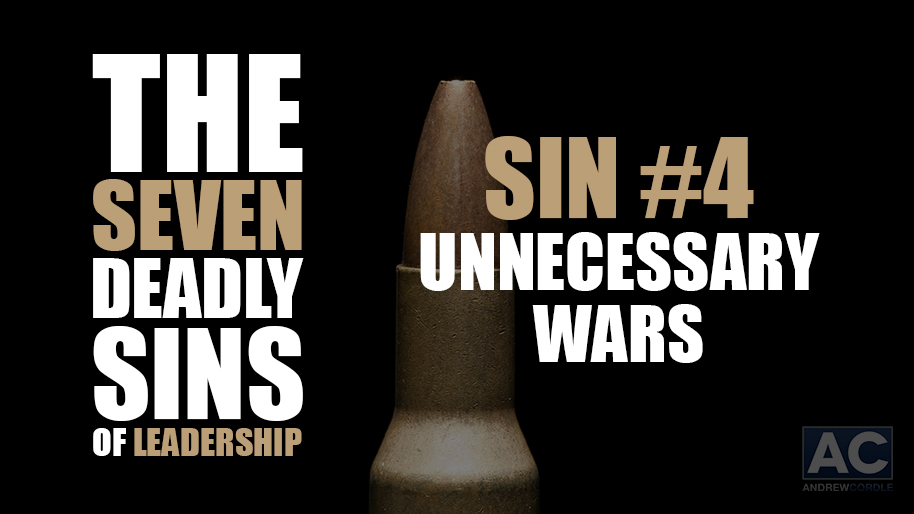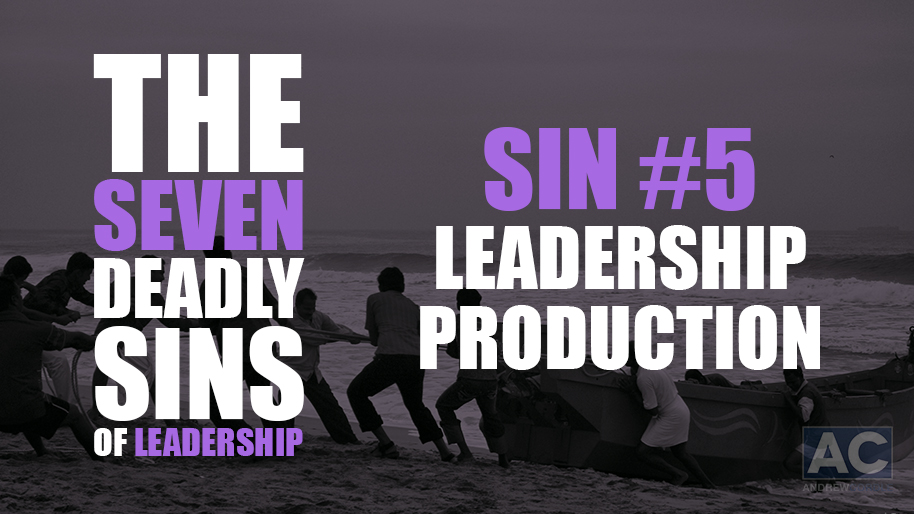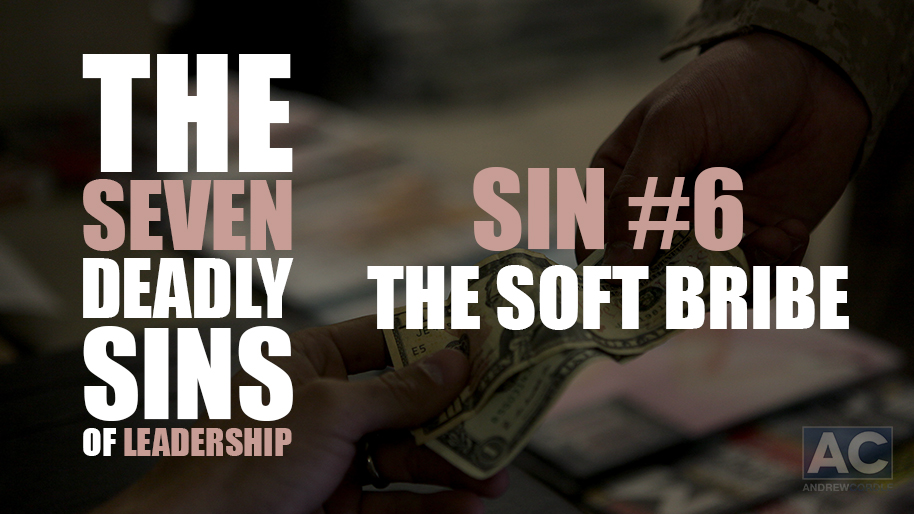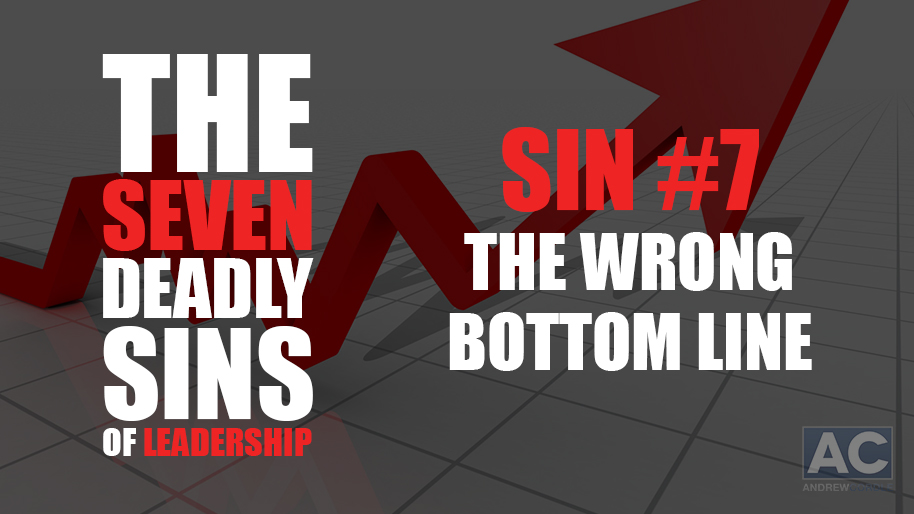
“Great is the guilt of an unnecessary war!” – John Adams Our daily dose of lame stream media drenches us with constant updates of unnecessary wars that rage throughout the modern world. “If it bleeds, it leads” is an unspoken motto for corporate controlled media. At the time of this writing, Americans continue to be bogged-down in Middle East conflicts in Libya, Syria, Iraq and Afghanistan. And those are just the conflicts we know about. The last 60+ years of American foreign policy have resulted in foreign governments being secretly overthrown with the help of our intelligence agencies…often resulting in “blow-back” which means more enemies than we had prior. The Russians continue to be prodded by NATO and Ukraine. On the home front, daily battles between our Federal Government and the Mexican drug cartels are so often, that it’s virtually ignored by the American controlled press. Visit your favorite sports website or watch ESPN and you’re eyes will eventually absorb pictures of St. Louis Ram’s draftee, Michael Sam, lip locked with his boyfriend rather than articles about his impending NFL season. The NBA headlines were recently flooded not with conference finals articles, but whether a private conversation of owner Donald Sterling and his girlfriend should destroy his 30+ year career as an owner. Performance enhancing drugs continue to reflect negatively not only in MLB, but across the board for all professional sports, including the Olympics. It makes me want to scream, “where is the focus!?!?” Some days I wonder if anyone is actually focused on the actual sport or merely the drama that comes along with it? But it’s even worse when the lack of focus causes strife and unnecessary wars. Unnecessary war is a most deadly sin…for business, for a sports team, and for our nation. And many of these unnecessary skirmishes are a result of someone making himself/herself the issue or of being swallowed up in stubborn pride. It is in the nature of man to fight. Perhaps it’s the DNA from ancient ancestors who had to fight for survival or fight off beasts in order to eat and live. And even though we are “tame and domesticated,” that DNA still reveals itself in close relationships, in our business pursuits – in every area of life. We still stake our turf, whether as a gang-banger in Los Angeles or a CEO of a Fortune 1,000 company. We mark our turf like a dog visiting the fire hydrant. Additionally, we want competitors to know we have staked our claim and they best leave us alone. But the man who will succeed doesn’t allow himself to be drawn into every skirmish. We’re not gunslingers who must accept the challenger of a gunfight for honors’ sake. Dueling and gunfights make for good historical drama, but they are just plain ridiculous. A successful leader chooses carefully...
Read More »

“There is no man living who isn’t capable of doing more than he thinks he can do.” – Henry Ford I once heard an allegorical story of a traveling rabbi who came across a fruit tree, abundant with foliage. The rabbi, famished because of his long journey, searched the tree for fruit. Upon discovering none, promptly cursed the fruit tree. Shortly thereafter, the tree withered and died. The moral of the story resonates throughout history. If you reflect the appearance of health and productivity, be sure that you have the “fruit” to back it up! It’s not necessarily wrong to judge a tree by it’s fruit. Neither is it wrong to judge a leader by his fruit. Leadership means production! Having knowledge of what you’re supposed to produce and actually producing it are the paramount duties of leadership. I was visiting a large corporate headquarters in the Midwest several years ago. I was greeted at the executive entrance by a very jovial, young security guard. He had an infectious smile and a down-right side-splitting laugh – just a delight some personality. While meeting with the executive team, I commented about the young security guard. Without missing a beat, the CEO replied that the young man had been hired for 2 reasons: first, to be a security driver for the CEO and secondly, to keep the outer office area in an upbeat and positive mood. That was a first for me! I had never heard of a “mood” employee, but I was certainly intrigued. Well, as fate would have it, I became the CEO of that corporation several years later. I inherited the “mood cop.” I thoroughly got to know the man and his family and recall the long protracted illness and eventual death of his father. I called the mood-cop into my office and told him I didn’t expect him to be upbeat through this difficult time. His eyes filled rapidly with tears as I placed my hand on his shoulder and expressed my deepest sympathy for him and his family. I told him to take some time off to decompress. He looked at me, smiled, thanked me, and said, “You employ me, among other things, to produce joy in the outer office. You’ve allowed me to weep in private. Please allow me to go back to my job and produce what you expect.” He knew what he was supposed to produce, and he produced it, even when his heart was broken. Allow me to address three specific areas of concern with respect to leadership production: 1. Know what you are expected to produce. 2. Know how to produce. 3. Just do it. Studies have concluded that billions of dollars are lost or squandered due to the leaders lack of production. By the time a person gets to the leadership position, his/her work...
Read More »

“Though the bribe be small, yet the fault is great” – Edward Coke I am a big fan of author Lee Childs. In one of his more recent novels Lee tells a story of a female military officer. She was a rising star in the Army and seemed to be on a fast track to having a command. She approached her commanding officer and requested a positive reference in support of her potential promotion. The colonel suggested that if she desired an endorsement for her promotion, she needed to meet him in his office. Outside of uniform. The inference contained a carnal and lewd implication. The female officer reported him to the chain of command and shortly thereafter, he was dishonorably discharged. In this fictional story, the environment was corrupted by a boss using improper favors as a means for subordinates to obtain a favored status. Any environment, be it the home, the office or the capitol, that operates on what I call a “soft bribe policy” is a corrupting environment. It erodes morale, corrupts loyalty and weakens the overall integrity of the institution. I confess that I am certainly not a fan of the present day “political correctness squad”. I am however a fan of fairness, earned bonuses, promotions and uniform justice in the context of policy enforcement! A soft bribe is not necessarily a financial payout. It can be many things including the stroking of an ego or socially befriending a boss for gain. Additionally, covering up of violations or looking the other way when policies or safety/ethical matters are deliberately ignored. A soft bribe is behavior that gains favor and advantages that are not available to another worker. They are not based on work ethic, production, attitude or faithfulness. A soft bribe are actions or words that a competent person of moral and social integrity would never do or say in order to gain a personal favor or advancement. Honest people want to earn their way and they want to compete on a level playing field. If an employee believes that his hard work and integrity matter, it will show in his attitude. That same attitude enhances the perceived climate of the work place. If his hard work and honesty are not recognized, and a peer with a lesser character is promoted, that man can feel betrayed. A foolish boss can dismiss those feelings as simply the collateral damage of getting the job done. Those feelings are a cancer in the work place, and that cancer can kill. Leaders are going to have favorites but qualified persons who happen to be better-liked should not be overlooked for fear of what others may say, as long as the same standards are applied evenly across the board! Scandals that are left unchecked or undisciplined injure the workplace. The same is true...
Read More »

A mid-size Ohio corporation was being featured in a professional publication. This corporation had a reputation for an excellent product. Their bottom line showed the result of good management and efficient production methods. The veteran journalist who wrote the article in the trade journal arrived for his appointment with the company’s CEO. During the interview, the journalist asked a simple question. “What is your product?”. to which the CEO responded, “Satisfied, mature and well-balanced employees“. The answer caught the journalist off guard so he rephrased his question. “What I was asking is what does this company produce?”. He received the same response. The CEO elaborated by explaining that the particular “product” the company manufactured for the auto industry was only a tool to produce what the owners and leadership had established the company to produce, which was satisfied, mature, and well-balanced employees who were good citizens and provided a positive contribution to society. In our first blog of this series, I asked leaders to focus on the purpose of their business. This Ohio company began with a very different purpose and they were very good at fulfilling their purpose. Employees retention was extremely high, the pay was competitive, and the benefits were first-rate. Employees’ families were treated like royalty, the content employees produced greatly, and whatever they produced, they took pride in and the financial bottom line reflected such. When will many of our nations’ companies understand that great ideas, great teamwork, and happy employees produce more? Why are workplaces still filled with hypertensive bosses who use foul language to belittle and berate their underlings hoping that fear and intimidation will increase both production and quality? When do the blinders come off and the harsh tongue become silenced? The majority of employees want their companies to succeed. Company success is the employees’ best hope for job-security, family provision, and a solid retirement. But, many employees consider their job to be who they are and what defines their life. When asked by a new acquaintance as to who they are and what they do, 9 times out of 10, they will reply with a job-related answer. Their job is their identity. Understanding that concept is foundational for a business seeking to hire well, to retain its employees, and to see strong returns on their investment. It is important to develop a culture that provides for the well-being of the employees. History has witnessed and recorded the struggle between business management and the employee union. One can read of the great robber barons throughout history and cringe in anger and disgust at the calloused brutality of leadership motivated only by greed. I want to close the history book and start my own employee’s union in protest. Then, I’ll open a newspaper and read about the power-mongering and blatant disregard for quality and respect for a business...
Read More »











